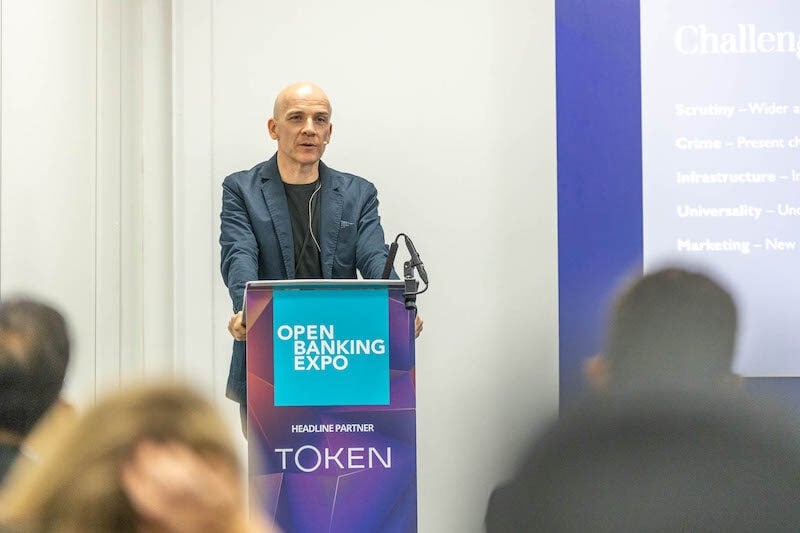As the metaverse shifts away from gaming and music, banking could be the next beneficiary.
The revelation came from financial commentators speaking at the London Open Banking Expo on 20 October, where they highlighted the growing number of visitors to the emerging virtual reality universe.
Earlier this month, it was reported that 400 million people now used the metaverse each month, which suggests the scale of the opportunity that financial companies are presented with.
“If it is where your customers are heading, it is where your customer’s customers are heading,” Wayne Brown, a senior director of financial services at Alvarez & Marsal, told delegates at the Expo.
“There is an increasing stakeholder readiness around the metaverse,” he added.
Even though the metaverse is still developing on a day-to-day basis, many banks are already utilising the digital space.
HSBC, for example, has launched a fund to capture investment opportunities in the metaverse, and Amex has filed patents to provide real-world services in the metaverse.
Looking at the future of the metaverse, Deloitte reported that “the metaverse could create a massive new market, with commercial opportunities as high as $13 trillion by 2030″.
The expected growth of the digital space provides many opportunities for banks. Brown explained how the development of property rights would allow “avatars, skins, NFTs [non-fungible tokens], and tokens” to become financialised assets.
He said: “Once those property rights can be established, that will lead to an open 24/7 capital market in virtual assets. It also creates a very intriguing opportunity to further democratise financial services.”
The metaverse could also provide banks with the opportunity to offer digital assets as collateral, such as NFTs and tokens.
“It is early days in NFTs and there is high volatility in NFT valuations,” Brown acknowledged. “…but as the market evolves, the digital nature of NFT activity could enable new risk models. With this, we will see varying categories of asset baskets.”










